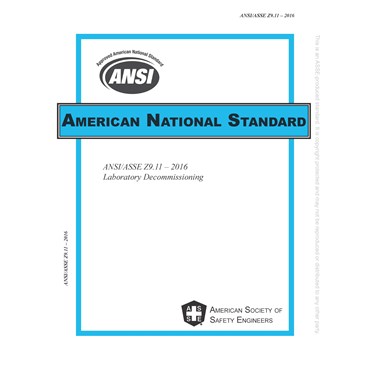Coaching, on the other hand, efficiently and effectively transfers job knowledge to the trainee. The time and effort required to set up a coaching program pays off through an accelerated learning curve and a reduction in risks and mistakes that may result in injuries, lost production and increased maintenance.
But how do you develop an effective coaching program? The following information will help you get your program up and running.
Look for a combination of skills
While the most obvious prerequisite for a coach is job proficiency, expertise doesn’t guarantee that an individual will be an effective teacher. You can give coaches support and training to learn their new role, but you can’t give them the necessary personal characteristics. To be successful, coaches should be:- Good communicators and good listeners who are open to questions.
- Excited about the coaching opportunity and willing to put in the extra time and effort to make the program a success.
- Relaxed and easy-going — a little humor goes a long way toward helping trainees stay comfortable and open to learning.
- Straight shooters who take all questions seriously, admit what they don’t know and make the effort to find out.
- Adaptable and willing to change a lesson to match a trainee’s needs and circumstances.
- Open-minded and interested in what the trainee has to say, even when they disagree.
- Dedicated to success — refusing to take shortcuts or quit when the job gets tough.
Coaching the coach
While having the right personality is important, it doesn’t mean someone is born to coach. Let your coaches go to workshops and seminars to learn how to teach adults and have a chance to practice their coaching skills. Then, once you’ve implemented your formal coaching program, you’ll have assurance that your coach:- Knows the job he’s teaching.
- Wants to teach.
- Provides complete, consistent information to each trainee.
- Presents the information in a logical, easy-to-learn order.
- Can evaluate and take steps to improve the trainee’s performance.
Understand adult learning styles
In general, adults are responsible for their own learning, and a good coaching program must incorporate principles of adult learning. Adults learners:- Want to use new knowledge and skills soon after learning them.
- Enjoy situations that require problem-solving.
- Learn better when actively participating in the learning process.
- Want to relate new material to their own experiences.
- Learn best if they can proceed at their own pace.
- Are more motivated when the content is relevant to their immediate interests and concerns.
- Like immediate feedback.
Use specific learning objectives
In sports, the coach conveys team strategy to the players. An on-the-job coach should also develop precise and measurable objectives to keep the program on target and to standardize training for other coaches at different times or locations.A learning objective should have these three elements:
- Performance must be observable. Employees must be able to demonstrate what they have learned.
- Performance must be measurable. The objective should define the acceptable performance.
- Conditions in which performance is to occur must be stated. Objectives should describe the important conditions under which the individual will demonstrate competence.
A few coaching tips
Every learning situation is different, but coaching will be more effective if the coach:- Schedules coaching sessions in advance, reviews training materials and objectives, and makes sure tools and equipment are available.
- Forms a good relationship with the trainee by communicating the training program’s goals and finding out what the trainee’s experiences, strengths, weaknesses and expectations are.
- Uses active listening skills by focusing on what the trainee says and how he says it, rephrasing the trainee’s comments to clarify the meaning, and asking open ended questions to evaluate the trainee’s understanding.
- Breaks the job into separate tasks that can be taught in a logical order.
- Clearly demonstrates each task and asks the trainee to explain each step before trying to do it.
- Provides continuous feedback based on the training program’s objectives, remains positive by always suggesting a method to improve weak performance and asks the trainee to evaluate his own performance.
- Gives the trainee the chance to correct mistakes and practice doing the tasks correctly.
- Progresses to the next step only when the trainee is ready to move on.
- Frequently reviews previous steps so the trainee learns the complete job.
Evaluate your program
The coach will be the first person to objectively evaluate the trainee’s performance. During the process, the coach should consider whether the trainee:- Asks questions to indicate he’s trying to learn.
- Answers questions asked of him.
- Can describe how to perform the tasks he’s learning.
- Can demonstrate how to do each task.
- Can perform the job on his own.




